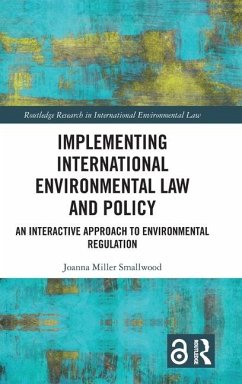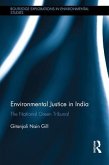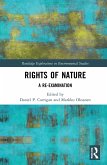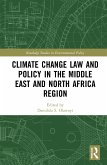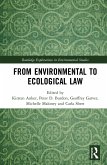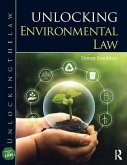This book introduces a novel discourse, based on socio-legal theory of compliance with international environmental law, which addresses the overarching question: When can international environmental law and policy achieve implementation, compliance, and be effective?
Offering an important contribution to academic and practical understandings of implementation and compliance with international environmental obligations, the book firstly critiques existing multidisciplinary theories of law and then brings together international and domestic legal theories to highlight their symbiotic relationship. It also stresses the importance of interactions between domestic and international legal and policy processes. This pioneering discourse is argued to be transformative to international environmental regimes and offers a way for them to be truly normative and to achieve compliance.
The book will be of interest to students and scholars in the field of socio-legal studies and international environmental law and policy.
The Open Access version of this book, available at http://www.taylorfrancis.com, has been made available under a Creative Commons Attribution-Non Commercial-No Derivatives (CC-BY-NC-ND) 4.0 license.
Offering an important contribution to academic and practical understandings of implementation and compliance with international environmental obligations, the book firstly critiques existing multidisciplinary theories of law and then brings together international and domestic legal theories to highlight their symbiotic relationship. It also stresses the importance of interactions between domestic and international legal and policy processes. This pioneering discourse is argued to be transformative to international environmental regimes and offers a way for them to be truly normative and to achieve compliance.
The book will be of interest to students and scholars in the field of socio-legal studies and international environmental law and policy.
The Open Access version of this book, available at http://www.taylorfrancis.com, has been made available under a Creative Commons Attribution-Non Commercial-No Derivatives (CC-BY-NC-ND) 4.0 license.
"This book presents a thoughtful and deeply researched account of how international environmental law can achieve the transformation that the global environment demands. Its recommendations highlight that internalising international environmental law goes far beyond the state, and indeed ultimately requires participation and cooperation on the local level."
Dr Emily Lydgate, Deputy Director UK Trade Policy Observatory, Reader, Sussex Law School
"This book offers an important and insightful discussion on the effectiveness of international environmental law and governance, addressing the pivotal question of how to strengthen and enhance compliance with international environmental norms. As such, it will be a valuable reading for academics, researchers and policy-makers interested in understanding how to improve international environmental law and make it work effectively."
Dr Emanuela Orlando, Lecturer in Environmental Law, School of Law, Politics and Sociology, University of Sussex
Dr Emily Lydgate, Deputy Director UK Trade Policy Observatory, Reader, Sussex Law School
"This book offers an important and insightful discussion on the effectiveness of international environmental law and governance, addressing the pivotal question of how to strengthen and enhance compliance with international environmental norms. As such, it will be a valuable reading for academics, researchers and policy-makers interested in understanding how to improve international environmental law and make it work effectively."
Dr Emanuela Orlando, Lecturer in Environmental Law, School of Law, Politics and Sociology, University of Sussex

